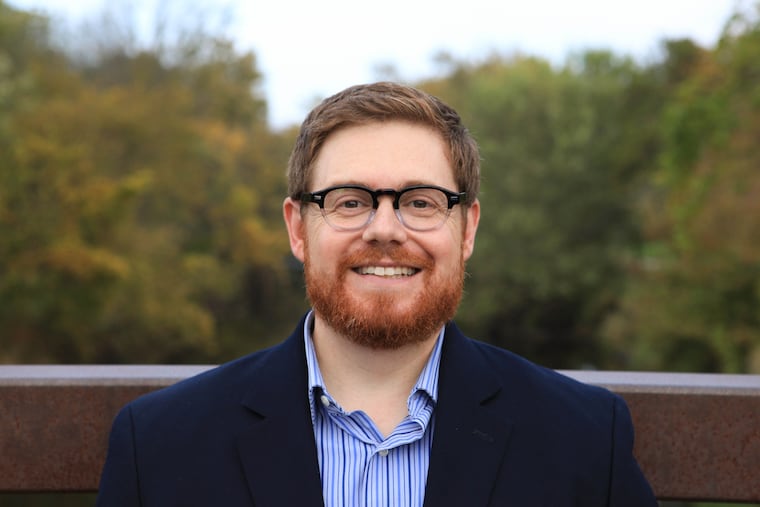After my cancer diagnosis, some friends abandoned me. Then I did the same thing. Here’s why.
How did I figure all this out? It started with Ebola research.

I was fortunate to have an incredible social support system when I was diagnosed with Stage IV colon cancer at age 35. Still, I struggled when some of the people I thought I could count on virtually evaporated from my life. A few unfriended me on Facebook after I started occasionally posting about my cancer experience. I noticed some suddenly became slow to return text messages, calls, and emails, while a couple stopped responding altogether. At the time, I often felt hurt, isolated, and rejected. Over the six years since my diagnosis I’ve learned this is a common experience in the cancer community.
Why it happens, however, remained a mystery. I found a clue to explain my friends’ surprising behavior in the research my colleagues and I conducted after the first cases of Ebola were reported in the United States.
We set out to discover why it was that although Americans seemed mostly unconcerned when thousands of cases of the virus were reported in Africa, the threat of one or two in the United States triggered widespread panic. So we studied people from all over the country to see what we could learn.
We discovered documented evidence of what social psychologists refer to as “terror management theory” (TMT). Essentially this is a fancy way of saying that human beings will go to great lengths to avoid reminders of our own mortality. Some folks dodge funerals and cemeteries. Others refuse to enter hospitals or nursing homes. And some ignore the person they pass at the mall who is elderly, frail, or disabled. We do this as a way to manage our anxiety.
And we do it — as I later observed in my own behavior — because it helps keep our fears from overwhelming us.
When a dear friend was diagnosed with cancer after I’d finished my own treatments, I wanted to support him. But as he become more and more sick, I began to pull away from the relationship. One afternoon I was hiding out at a local coffee shop writing. I glanced up when someone approached who seemed to recognize me. At first, I didn’t recognize that it was this dear friend standing in front of me because of how much weight and hair he had lost and because of his gaunt appearance. I had to do a double take to make sure it was him.
Shocked, I was flooded by fear at the sight of my friend. My stomach sank as I realized that the man I was seeing might just as easily have been me. Until accidentally running into my friend, I hadn’t fully realized that I’d been avoiding reminders, including people close to me, that made it harder to keep my fear and sense of mortality at bay.
After he died, I realized I had unknowingly responded similarly to those in our Ebola study. My retreat wasn’t because I didn’t care; it was because I was scared. His experience had brought up all my own hurt and terrifying memories. While I’d previously understood TMT research at an intellectual level, running into my friend was the first time I understood it in my deep places.
Now I realize some of the friends that pulled away may have done so because of their own unhealed pain, or fear of their own mortality. There were also a couple of relationships that just weren’t as close as I had thought, or that drifted apart because of changes in jobs and location. Others may have thought I wanted to be alone because I felt too sick to be social, and regularly canceled efforts to connect because of treatment side effects.
There are probably many more reasons people withdraw. But regardless of the reasons, I know it still hurts.
Even though we can’t control how others respond, the good news is that we can choose the sort of friend we want to be to others. But first, we need to understand that even when compassion is painful — perhaps especially when it is painful — we need to set aside our own discomfort and reach out to a friend who is suffering.
Jamie Aten, Ph.D., is the founder and executive director of the Humanitarian Disaster Institute and Blanchard Chair of Humanitarian & Disaster Leadership at Wheaton College in Illinois. He is the author of A Walking Disaster: What Katrina and Cancer Taught Me About Faith and Resilience (Templeton Press). He is a contributor to Cure Magazine’s Voices and blogs at Fight Colorectal Cancer’s Emotional First Aid and Psychology Today’s Hope + Resilience. In 2016 he received a FEMA award at the White House. Follow on Twitter at @drjamieaten or visit his website jamieaten.com. This guest column appears through our partnership with Inspire, an Arlington, Va., company with condition-specific online support communities for more than a million patients and caregivers.